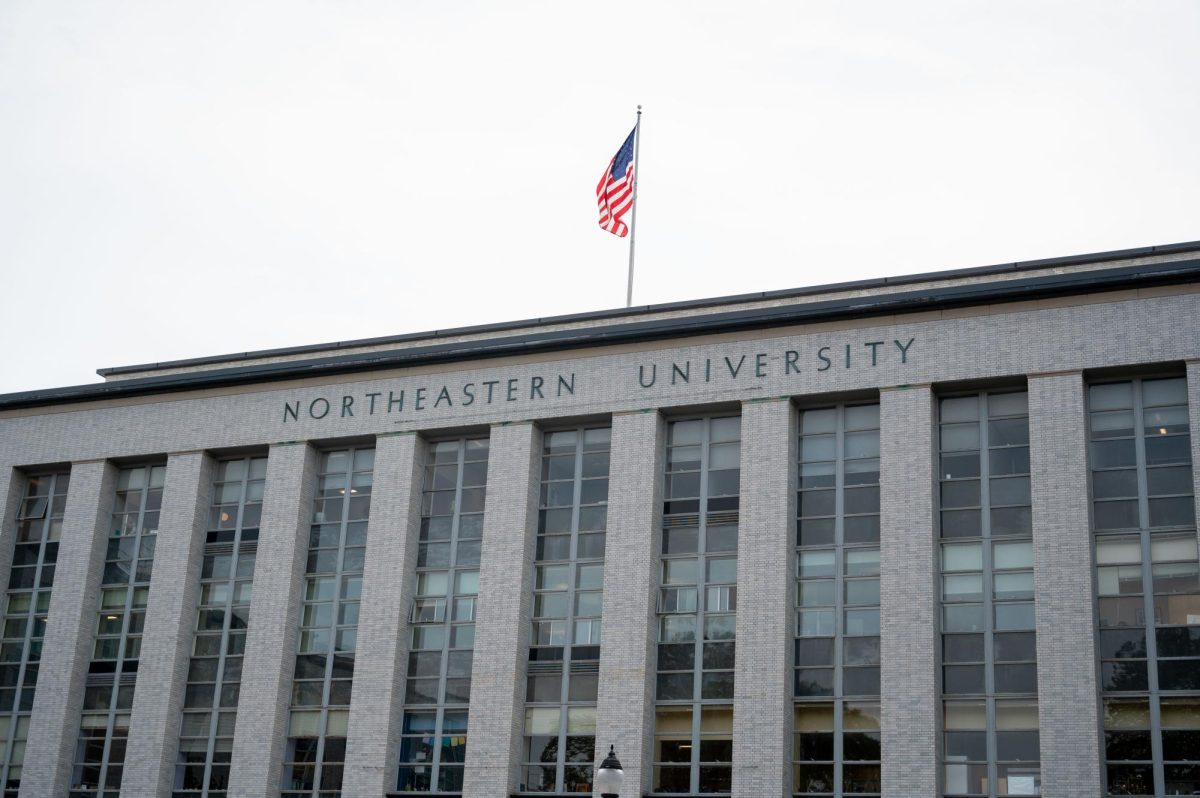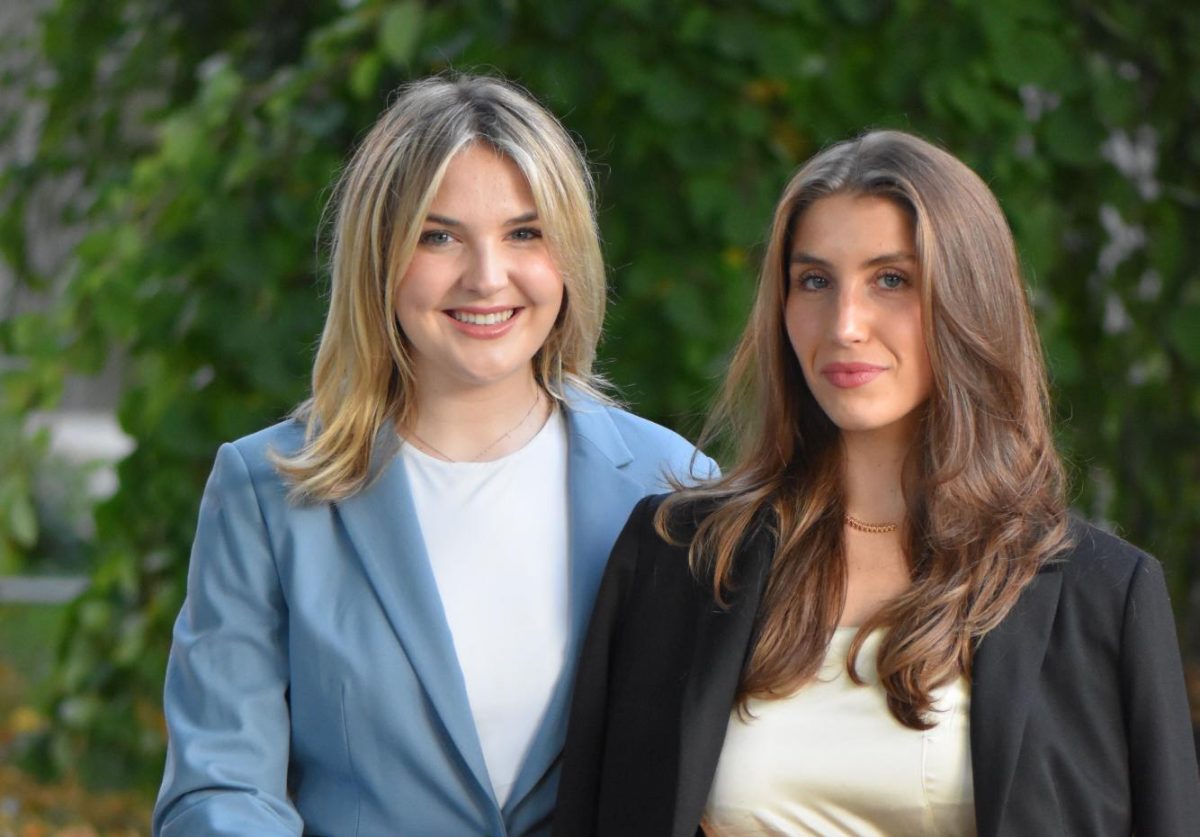By Nate Owen
Melissa, 25, was addicted to the prescription painkiller OxyContin. Andrew, 22, said drugs will “chew you up and spit you on the ground.” Both Andrew and Melissa are former drug addicts visiting Introduction to College classes this semester.
Introduction to College professor Jody Santos said this is the second class the ambassadors have visited this year. Although this is only the first year the ambassadors visited Northeastern, students said they have had a profound effect on the student body with their stories. Lyndsay Hridt, a freshman journalism major, said she had “lots of respect for people who can do things like that” and that it was “awesome that they wanted to get through to students.”
Brian Benson, also a freshman journalism major, felt the same way, saying that even though he has not used drugs and never will, the talk could “benefit someone else in the room.”
Aside from the former addicts, Dr. Punyamurtula S. Kishore, the president and founder of the National Library of Addiction (NLA), also visited the classes. Kishore founded the NLA in 1993. His program uses unique methods in helping addicts break their addiction. Most hospitals keep patients in rehab for a five-day stint and give them other drugs to help them cope with their addiction temporarily. After going through detox, these patients will often be using again within a short period of time. In Kishore’s programs, no other drugs are given to the patients. Rather, the program revolves around patients talking about their problems and realizing that they need help.
“There is no vaccine, like there is for the flu,” said Kishore about addiction. “Words are the vaccine.”
Kishore also closely monitors his patients, keeping tabs on them to make sure they don’t become addicted again. “The brain is like a fine piece of china. If it breaks, Krazy Glue can put it back together, but it will break again into even more pieces.” Kishore said he has a strong willingness to go out of the way to look out for his patients whenever they need help. Rich, a 32-year-old member of the program, recalls how Kishore returned his call at 10:45 p.m. and went on to say how at other programs attention like that was almost unheard of.
The recovery process for an addict can take an extraordinary amount of time. Just like there is no such thing as a partial pregnancy, “There is no such thing as a partial addiction,” Kishore said. “Rebuilding the body is a long, nightmarish task.”
Part of that task includes talking, and that is where the Ambassador program comes in. Started in 2000, the program consists of recovering addicts traveling to various middle and high schools, said Dina Piran, NLA’s publicist.
The Ambassador program serves a double purpose, Kishore said. First, it helps the ambassadors get their stories out, which gives them a sense of pride. It also helps spread the dangers of drugs from student to student, like a human chain. Finally, the ambassadors receive stipends for their services. For Kishore, the most satisfying part of his job is knowing that these young people are the future of the country, and a strong country needs strong leaders. For the ambassadors, the satisfaction comes from delivering a mixed message that is both a warning about the perils of addiction and hope for those who are struggling with it.









